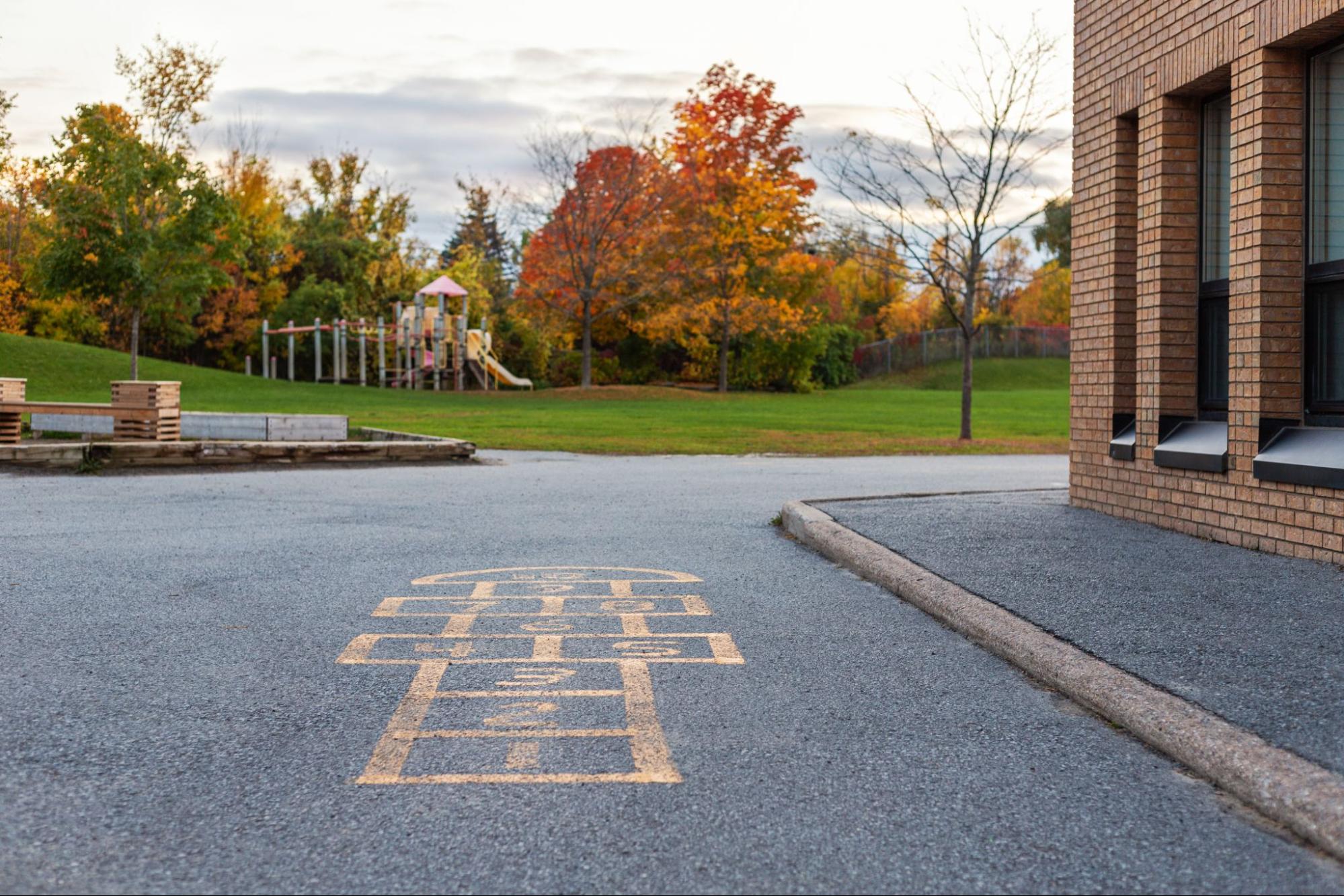Summertime is frequently considered a travel season, with long days and restless nights. An opportunity to relax stringent rules and give in to impulsive inclinations, such as planning late-night hangouts with friends, traveling, or staying up late to watch movies.
However, with the arrival of fall, many of us have to get back into the work rhythm. Early rises, classes, work meetings – all of these require us to be awake and highly focused in the morning hours. Therefore, establishing a sleep routine becomes critical. Start adapting to your new schedule early to make this transition less painful. A week or two before you start school or work, gradually set an earlier bedtime.
Creating and maintaining a stable sleep schedule is not just a discipline but an investment in your physical and psychological well-being, which will undoubtedly pay off with high results in your studies and work.
Organizing Your Workspace
Every new beginning involves being prepared for future challenges, and for a student or employee, this often means having a comfortable and functional workspace. The space where we work or study directly affects our productivity, concentration, and mood. You can use the online calendar to quickly adjust to work or school in the fall and this year’s exclusive team management software.
Start by clearing your desktop of anything unnecessary. Every item on your desk should have its function and place. Then, ensure you have access to all the required equipment and materials. Note what textbooks, notebooks, or other materials will be needed this school year. Purchase them beforehand and ensure they have their place on or near the desk. Remember stationery: pens, pencils, rulers, etc. Lighting plays a vital role in the comfort of the workplace. The light should be bright but not blinding, evenly illuminating the entire surface of the table. It is best to use LED or daylight bulbs as close to natural light as possible.
Finally, add a personal accent. Small vegetation, inspirational quotes, or family photos can turn an anonymous workspace into a cozy, intimate space that motivates and inspires you daily. Overall, an organized workspace not only improves your productivity but also boosts your confidence by making the process of studying or working enjoyable and structured.
Setting Study Goals
Setting learning goals is one of the most critical steps in planning your study process. Your success in your studies and, more significantly, your contentment with your outcomes are determined by clearly stated and reasonable goals.

Ask yourself, “What do I want to accomplish this school year?” first. This could be anything from getting excellent grades in specific subjects to developing certain skills or knowledge. You want to set only a few goals; instead, focus on a few key ones. Work on developing the significant objectives after they have been determined. Determine the level you wish to achieve if, for instance, learning a new language is your aim. If you want to improve your grade in a particular subject, study the curriculum and choose the topics that will be the most challenging for you.
If you break it down this way, your objective will become more attainable and easier to track. It’s also critical to imagine your dreams. Make an action plan, use task boards, mobile apps, or even regular notebooks. Visualizing your goals and milestones will help you stay focused and organized.
Finally, remember to celebrate your accomplishments, however small. Each milestone you pass should satisfy and motivate you to keep moving forward. Your academic performance will improve from setting and achieving objectives, and you’ll gain life-enhancing planning and organizing skills.
Taking Care Of One’s Health And Well-Being
It may frequently be hard for the body to return to a study schedule, especially after the summer break. Long hours in class, homework, and social obligations can lead to overwork. Integrating a healthy lifestyle into a student’s daily ritual becomes critical to academic success.
Exercise is not only an excellent method to maintain your body in shape, but it also gives you energy. Regular exercise strengthens the immune system, reduces stress, and improves circulation. Even a daily walk in the fresh air or a yoga class can benefit those who aren’t big fans of intense workouts. Proper nutrition also plays a critical role. Devouring fast food between types can lead to weight gain and lower energy levels. Keep your diet balanced by including more fruits, vegetables, and protein. To maintain stable blood sugar levels, remember to consume frequent meals.
Additionally crucial are rest and taking care of your mental condition. Even only 5 to 10 minutes a day of meditation can aid with stress relief and attention. Spend time resting, reading, and engaging in your interests. This will not only put you at ease but also improve the effectiveness of your learning.
Psychological Preparation: Overcoming Fear And Motivation

Many students face anxiety and uncertainty when school or university doors open after the summer vacation. A new class, teachers, and perhaps new friends can be stressful. But with the proper mental preparation, you can move forward confidently, ready for any challenge.
1- Relaxation techniques. Learn deep breathing, progressive muscle relaxation, or meditation techniques. These techniques will help reduce stress, anxiety, and tension levels. Being in a relaxed state of mind makes the learning process less stressful and more productive.
2. Positive attitude towards studying. Viewing studying as an opportunity rather than an obligation can dramatically change your experience. Approach learning as a journey, where each new subject or topic is an opportunity for growth and development.
3. Socialization. Socializing with friends and classmates can make the study experience more enjoyable. Share your concerns and experiences with others. You may be surprised that many of your peers feel the same way. Together, you can look for solutions and build a mutual support system.
4. Goals and dreams. Remind yourself of your long-term plans and objectives. Why did you decide to study? What do you want to accomplish? This reminder will help keep you motivated even when studying seems difficult or tiring.



